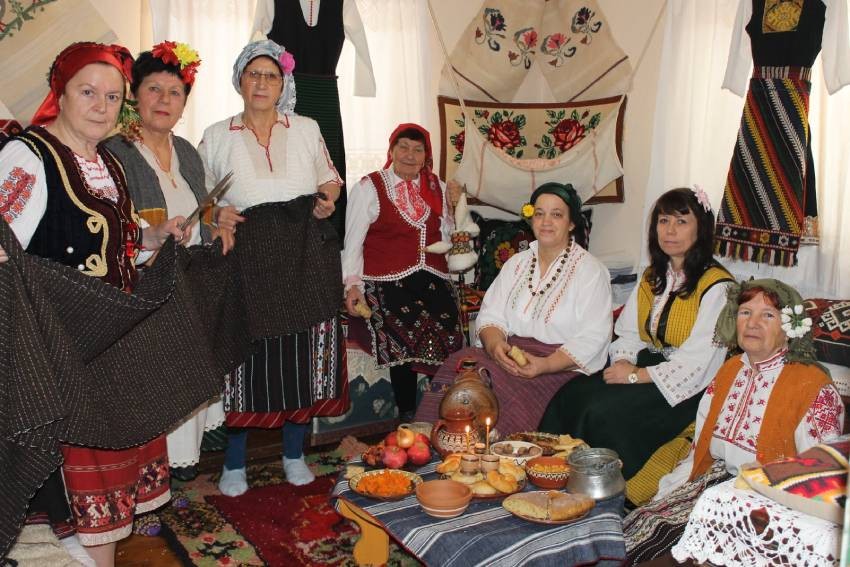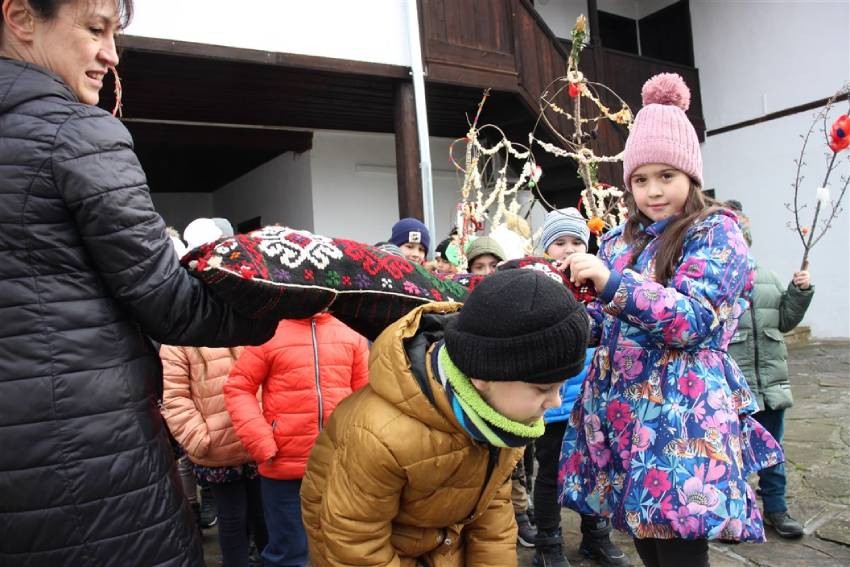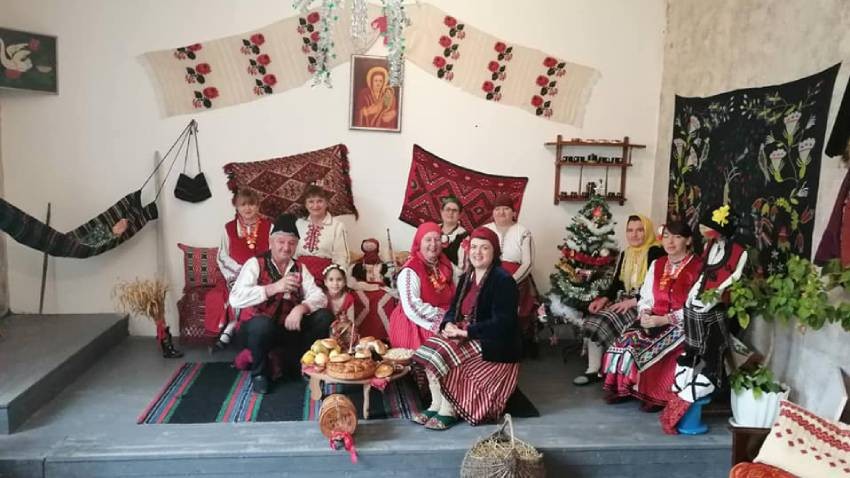In the Bulgarian calendar, the day of St. Ignatius (Ignazhden) is a folklore as well as a religious feast, marked by the Orthodox church on 20 December. The day is dedicated to Ignatius Theophorus, bishop of Antioch, hence he was also known as Ignatius of Antioch. He died as a martyr of the Christian faith under Roman Emperor Trajan in 108.
In the Bulgarian lands, the biblical story of St. Ignatius intertwines with folklore beliefs and rituals, connected with the winter solstice and the start of the period between the new and the old year. This is the context in which families attach such importance to who enters their home on this day.
Iliya Valev, doctor of ethnology at the Bulgarian Academy of Sciences’ Institute of Ethnography and Folklore Studies says that St. Ignatius day is connected with interesting beliefs concerning the first person to enter the home. That person is called polaznik:
“In the morning, people rise early so the woman can clean and get the home ready for the first guest,” the ethnographer says. “The kind of guest that enters the house first will determine what the year will be like. Interestingly, on this day people don’t go visiting much. They avoid going to other people’s homes, because they do not want people to talk about them as being a good or a bad polaznik. It very much depends on how the lady of the house regards the person who may come calling, but also on what their own attitude to that home is. It is customary to invite a person who is wealthy and is enjoying a happy, healthy and prosperous life, so some of his well-being may enter the house with him. It is believed to be a good thing for a child to step across the threshold of the home – because of children’s innocence and purity, they are very welcome visitors.”
Iliya Valev goes back to the bible, and Christ’s warning to his disciples to remain pure and righteous as a child so as to inherit the kingdom of God. “St. Ignatius is in fact the child Christ takes in his lap,” the researcher says and goes on to quote Christ’s words that “Truly I tell you, unless you change and become like little children, you will never enter the kingdom of heaven. Therefore, whoever takes the lowly position of this child is the greatest in the kingdom of heaven. And whoever welcomes one such child in my name welcomes me.”
“As a matter of fact, in the past we had more faith and were, to some degree, more superstitious. The rituals followed everyday life and the surrounding reality – farming, stockbreeding, everyday occupations. Today things are different – we observe the visible part of the rituals without knowing why we do it. We should think about that. Believing is difficult to explain. We, as Christians, should not observe superstitious practices and practice rituals for luck. We ought to purify our hearts, and that is what the modest, lean dinner on the day of St. Ignatius, preceding Christmas, is all about.”
More:
Translated and posted by Milena Daynova
Photos: pravoslavieto.com, BTA, Regional Expert Consulting Information Centres Chitalishta - Silistra, chitalishte Vazrazhdane in the village of Sitovo
On 19 October 2025, the day on which Orthodox Bulgarians commemorate St Ivan Rilski the Miracle-Worker, the newly renovated St Ivan Rilski Church in Chicago will officially reopen its doors. Named after Bulgaria’s heavenly patron , the church will host..
Archaeologist Nikolay Ovcharov on Thursday announced the discovery of a large circular temple at Perperikon, the early-historic rock complex in the Eastern Rhodopes, BTA reported. Dating to the 3rd–4th centuries AD , the structure is believed to..
This summer, archaeologists once again breathed life into the legends woven into the rocks of Kaliakra . Among the ruins of the once majestic fortress above the Black Sea, over 400 artefacts were discovered, shedding new light on..

+359 2 9336 661
